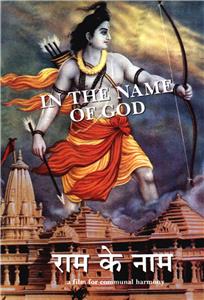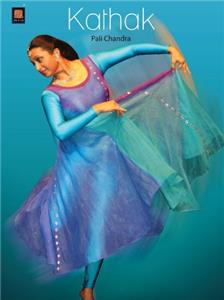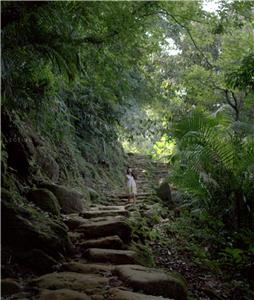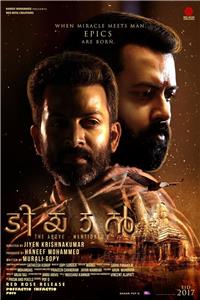Ram Ke Naam (1992) Online

- Original Title :
- Ram Ke Naam
- Genre :
- Movie / Documentary
- Year :
- 1992
- Directror :
- Anand Patwardhan
- Writer :
- Anand Patwardhan
- Type :
- Movie
- Time :
- 1h 30min
- Rating :
- 8.6/10
Since gaining independence in 1947, India has been a secular state. But now, as religious fundamentalism grips much of India's population, the greatest danger to the nation's extremely strained social fabric may come not from Sikh or Muslim separatists, but from Hindu fundamentalists who are appealing to the 83% Hindu majority to redefine India as a Hindu nation.





User reviews